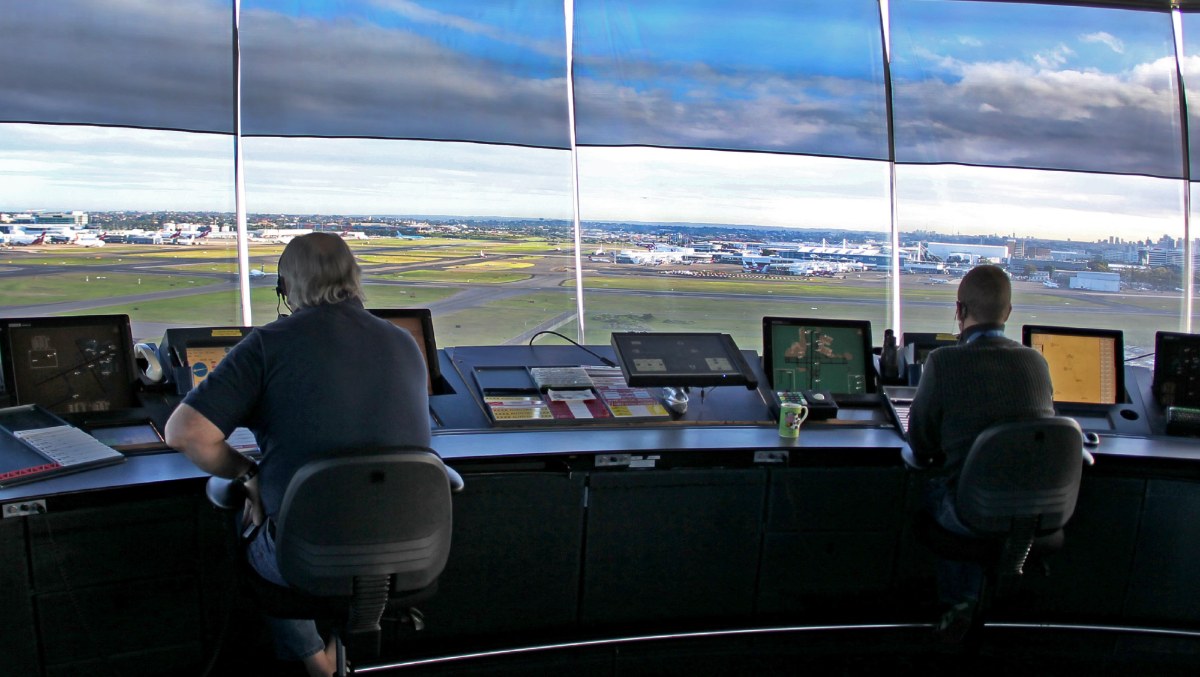
Pilots and air traffic control staff are continuing to warn of the potential impacts of staffing shortages at Airservices Australia.
Industry professionals have reached out to Australian Aviation anonymously in the wake of recent stories about the situation at Airservices, particularly after comments by the Australian Federation of Airline Pilots (AFAP) earlier this month.
“Discussion with pilots in the industry is that this issue hasn’t gotten the public traction within the media (beyond aviation publications) that it deserves and is a real issue that needs to be looked into,” said one anonymous pilot.
“As a pilot that operates into Sydney myself, I have had delays 2 times in excess of 20 minutes (longer than the required fuel holding – 20 mins) and therefore would have been carrying insufficient fuel if we departed with minimum fuel.
“Sydney also runs GDP (Ground Delay Program) that is meant to delay the departure of aircraft to prevent holding and/or minimum speed in the cruise, however as of late, it is common to receive GDP AND a min speed cruise with holding.”
One Qantas pilot emailed Australian Aviation with reports of delays in places like Townsville and Darwin.
“Personally had a two hour delay on the ground in Townsville the other day due to ATC staff shortage and the use of only one runway in Brissy,” he said.
“Also wanted to highlight that this is an ongoing problem even for Darwin and the military with a TRA now extended. However, this seems to work better than the military ATC.”
Last month, the ATSB itself published anonymous REPCON reports it had received from air traffic controllers concerned about staffing levels at Sydney Airport in particular, with one employee fearing that Airservices will “become the next Boeing”, referring to safety issues with the 737 MAX several years ago.
“It is only a matter of time before the current practices at Airservices result in a major aviation incident,” the reporter said.
“As an experienced controller, I feel I am obliged to report these matters, as ASA’s internal processes seem unwilling to hold themselves accountable.
“Eventually, the holes in the cheese will line up, and I want to have a clear conscience that I told someone of the unsafe practices Airservices has adopted.”
Another ATC labelled the situation at Airservices as “the worst position the company has been in since [they] started [at the organisation]”, saying that the only solution – training more staff – is a fix that is “years away” in the best case.
“In the interim – I honestly have no idea. Probably permanently closing airspace over night or reducing operational hours or services. Then rebuild over the next 5 years, and slowly extend operational hours and services with the correct people,” they said.
“The alternative is to bumble along and hope no-one flies into each other. It’s just a matter of time until we stop getting lucky.”
In response to the ATSB report, Airservices maintained it has sufficient staff.
“The reports imply that the Sydney TCU does not have sufficient operational Air Traffic Controllers (ATC) to provide the necessary service. This is not correct. Our workforce plan states the mature number of ATCs for Sydney TCU is 47. Currently, there are 47 operational ATCs employed at the Sydney TCU, with up to 13 required to staff the TCU on any one shift,” the organisation said.
“While Sydney TCU has the required number of staff, as with all organisations both within the aviation sector and broader economy, Airservices has experienced higher levels of staff unavailability due to COVID-19, influenza and other related sickness.
“This is resulting in occurrences of late-notice, unplanned absences that cannot be covered due to duty-time and other issues. As a result, there has been increased overtime shifts worked by some ATCs, but these are in line with pre-pandemic overtime hours worked.”
Airservices added that, when absences cannot be covered, “various traffic management procedures” are implemented to allow the TCU to continue to provide services.
“These are safe and internationally recognised procedures that have been followed for many decades at the Sydney TCU without incident,” it said.















